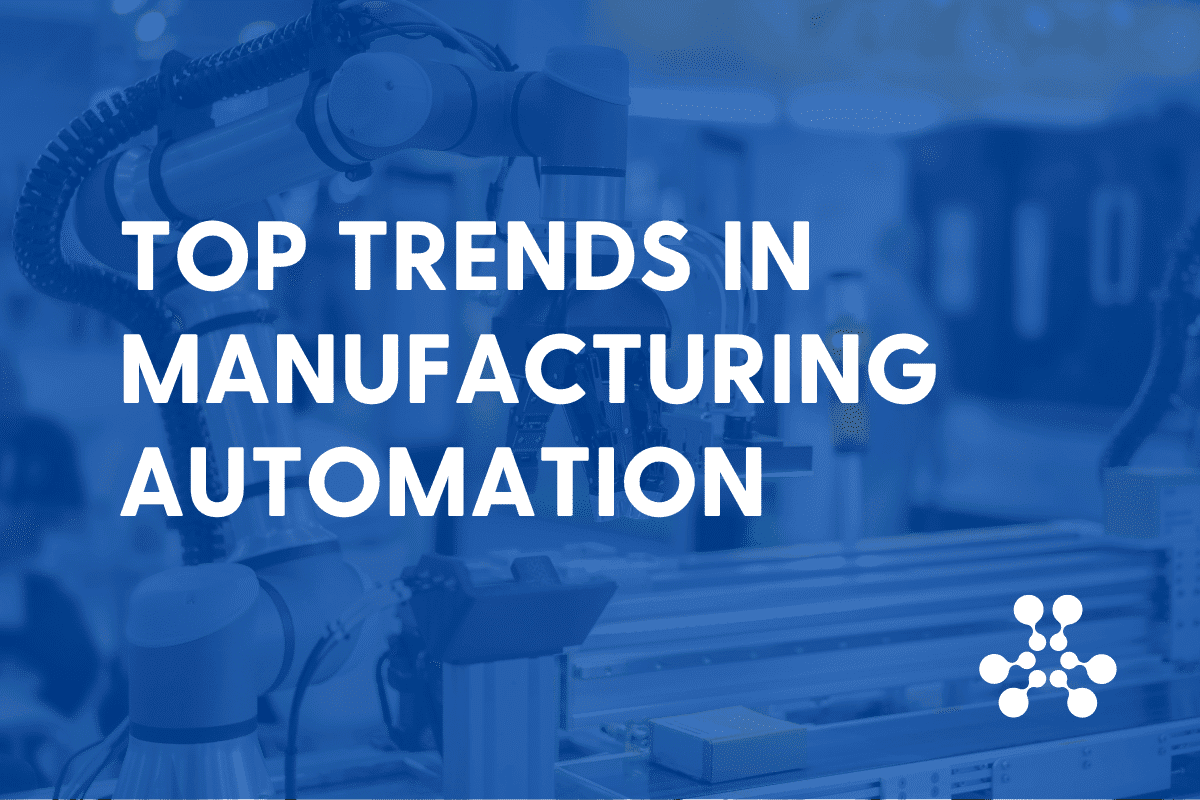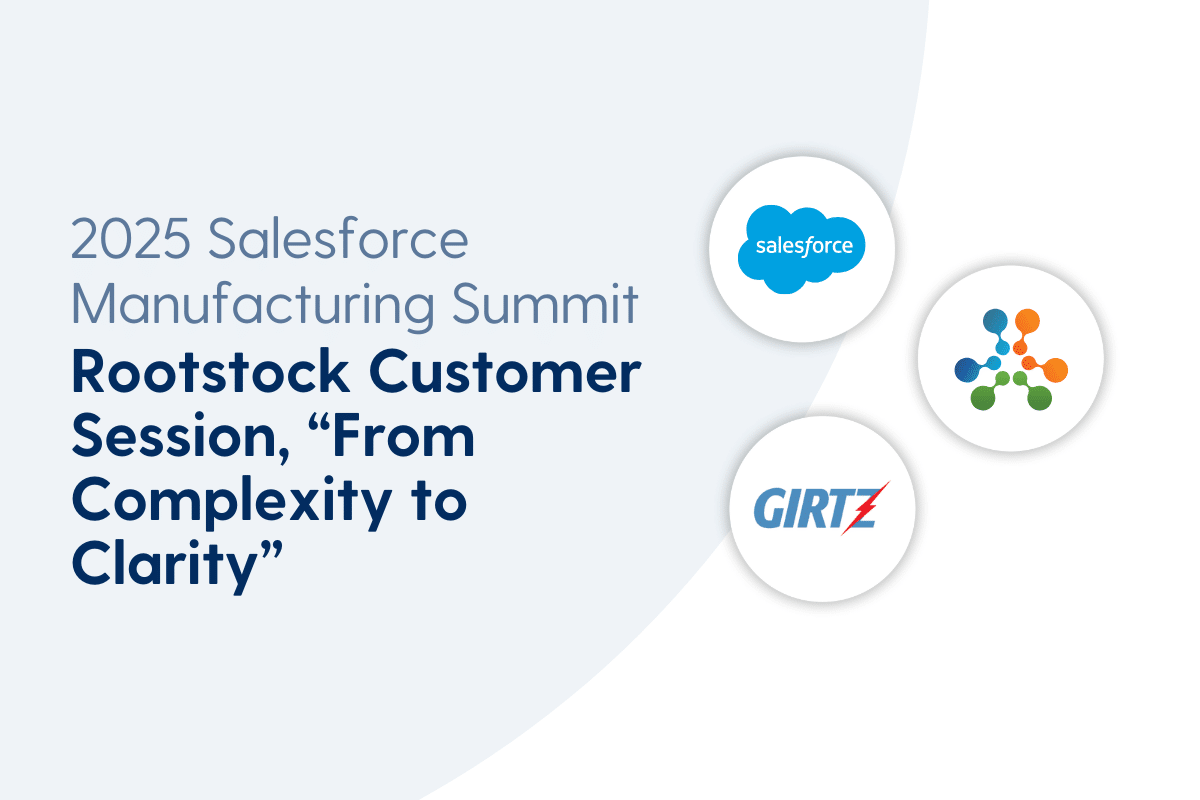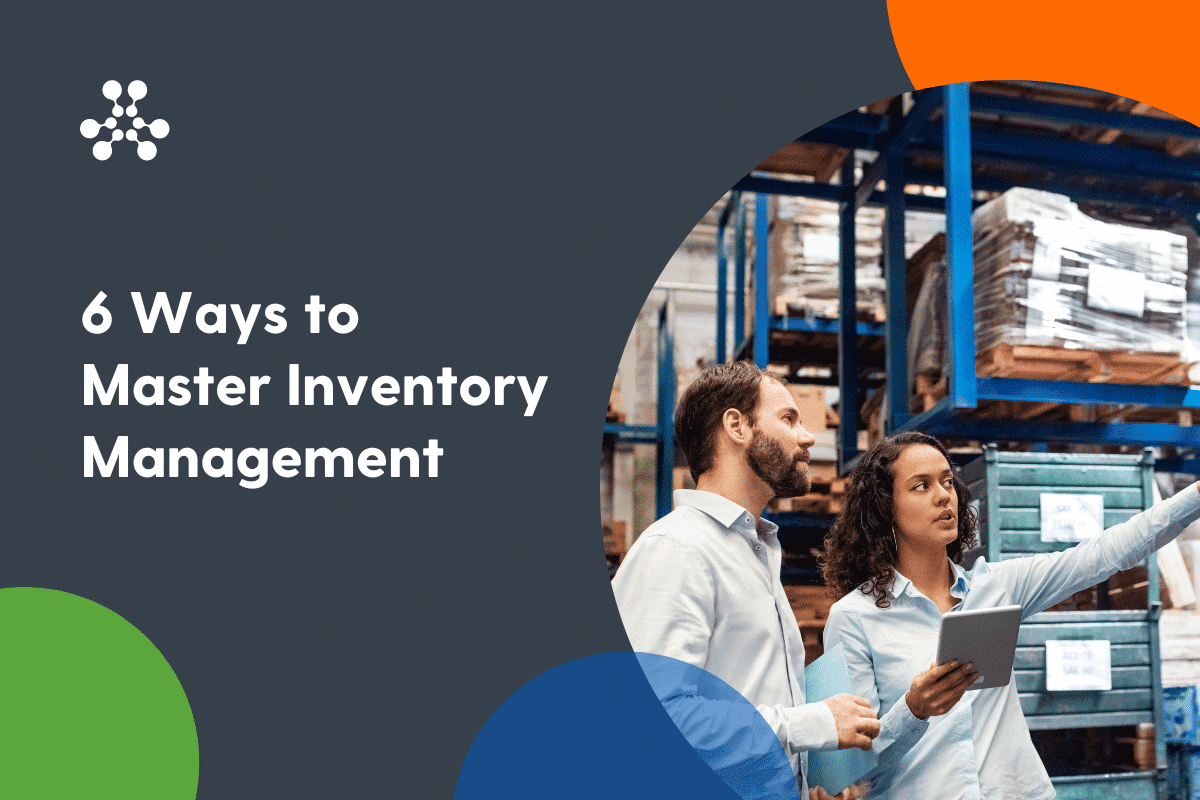Manufacturers of all sizes continue to feel the strain of economic uncertainty, supply chain and workforce constraints, and widening skills gaps. That’s in addition to the manufacturing industry’s existing challenges related to shorter product lifecycles, increasing customer expectations, faster moving competitors, and more.
For CFOs and their finance and accounting teams charged with guiding the financial strategy for manufacturers, it’s no longer realistic to rely on manual, error-prone, spreadsheet-driven processes. Forward-thinking manufacturers use an ERP financial management system to manage, accelerate, and increase confidence in financial agility by streamlining accounting processes, improving financial reporting accuracy, enhancing data security, reducing costs, and increasing productivity. Let’s explore how ERP for financial management benefits manufacturers.
1) Using ERP for Asset Management
Expensive, long-lived physical assets are inherent to the manufacturing industry. But, the equipment and machinery required to manufacture and move products, along with facilities, office furnishings, and other assets required to run a business, come with unique financial management challenges. Using an ERP financial management system enables companies to gain better insights and visibility into asset management.
ERP for financial management gives manufacturers a modern solution to help manage the financial aspects of procuring, using, tracking, maintaining, and eventual disposal of manufacturing assets. Over the life of a physical asset, support, maintenance, and other costs can involve a tangle of financial processes. An ERP finance solution helps organizations track assets and eliminate unforeseen costs by making more informed decisions on investments into the care and use of physical assets.
Finance and accounting teams also use ERP for financial management to improve visibility into and control over physical assets to identify cost savings, improve equipment utilization, increase operational efficiency, and more. That financial visibility helps manufacturers avoid unnecessary or premature capital investments because asset management data is always available.
>> Learn more about ERP for Fixed Assets
2) Integrating Financial Reporting with ERP
Financial reporting is a major component of finance and accounting for any business, and manufacturers are no different. But, financial reporting can be a tedious and time consuming manual task that bogs down a CFO’s teams and delays information flow to the executives and decision makers who rely on financial data to act. That’s especially true when financial data collection, aggregation, and manipulation are all done manually.
ERP for financial management brings speed, accuracy, and automation to financial reporting with powerful and efficient financial planning and reporting solutions that drive better decisions. ERP integration to Salesforce CRM, for example, is a common way to automate the collection of sales data so financial reports always have accurate, complete, and up-to-date information. Data from Salesforce and other systems then immediately populates the database for timely, and highly customizable management and financial dashboards and reports. Decision makers across manufacturing operations get the answers and actionable insights needed to drive business success.
For finance and accounting teams, ERP for financial management offers the elusive “single source of truth” for manufacturing and business data, allowing accounting teams to accelerate period close and consolidation processes. This provides finance teams more insights to build more accurate forecasts and scenario modeling, as well as enabling the CFO to collaborate more effectively with budget owners, department heads, and others across the business.
3) Better Variance Management & Analysis
Financial management is in constant motion for manufacturers. Prices fluctuate, markets shift, competitors pivot, and things change. Manufacturers are always adjusting to new information signals that continuously change, impacting budgets, expenses, and costs. All of these dynamic conditions cause actual spend to vary when compared with previous forecasts and expectations.
An ERP financial management solution enables manufacturers to identify, understand, and address financial variances between actuals and the predicted or forecasted allocations. Modern cloud-based ERP solutions help finance teams and accounting simplify, speed, and automate variance analysis to fill gaps, spot opportunities, and avoid undesirable impacts.
ERP systems alert manufacturers to potential variances using data from prior cycles or by intelligently estimating trends so CFOs can quickly react to limit spending or find new investment opportunities. Manufacturing Business Intelligence (BI) systems for ERP monitor and visualize trends to inform budget owners of potential variances so budgets can be adjusted and over-spending can be avoided.
Finance and accounting teams also rely on ERP financial management solutions for fast and accurate variance analysis as they review costs and budgets over a specific period or for a business unit, product line, facility, or other cost dimension. They can help consolidate financials from variances due to foreign exchanges as well. The power of variance analysis in an ERP system ultimately drives more informed decisions with a comprehensive view of manufacturing costs.
4) Improved Budgeting & Allocation with ERP
Variance analysis reviews the difference between plans, actuals, and associated deviations, but budgets must first be created. To build those budgets, plans, and forecasts, manufacturers start with overall goals and work to provide the resources necessary to hit or exceed those goals. Building, managing, and collaborating on budgets using spreadsheets and emails is an invitation for errors.
ERP for financial management gives manufacturers a modern solution for gathering financial information to forecast revenue and expenses. Again, it’s the single source of truth that accelerates and streamlines the budgeting and allocation processes. An ERP solution instantly builds initial budget estimates using past financial data. It’s then easy for budget owners to work with finance and accounting teams as they understand what’s needed to reach goals and where budgets can be adjusted to meet the needs of different teams and departments.
5) Simplified Tax Compliance with ERP Financials
Tax compliance is a highly complex undertaking for finance and accounting teams, especially as state sales tax compliance becomes more of a responsibility for manufacturers. Shifts to remote work and changing supply chains caused by the pandemic have also impacted how manufacturers approach tax compliance.
ERP for financial management brings automation and accuracy to tax processes, plus automatically records audit trails and aids in compliance. With automated data collection and aggregation, too, ERP reduces the chances of manufacturers having tax discrepancies, being late on tax payments, or other situations that could lead to penalties or legal issues.
Regulatory, tax, and other compliance requirements impact all manufacturers. But, industries like medical device manufacturing, aerospace and defense manufacturing, and cannabusiness face stringent and frequently changing tax and regulatory rules that are challenging to manage without a modern ERP solution. ERP for financial management gives CFOs and their teams more efficiency, accuracy, and confidence when complying with financial, regulatory, tax, safety, and other requirements.
6) Robust Automation in ERP Financial Management Systems
Automation of financial processes leads to increased efficiency and productivity for finance and accounting teams, but also increased speed, accuracy, and collaboration for teams across the manufacturing operations.
Automating the sales order processing, and being natively connected to Salesforce, enables manufacturers to accelerate the quote to cash flow. It modernizes sales processes by enabling payments via checks, cash, credit cards, and automated bank payments, and in different currencies. Automation in ERP financial management also streamlines accounts payable and accounts receivable management, cash management, and tracking of financial transactions.
ERP for financial management offers a completely integrated accounting, fixed asset, and general ledger solution for manufacturers and distributors to access up-to-date data at any time. Manufacturers can go beyond CRM and connect with other manufacturing systems as well, ensuring finance and accounting teams always are working with timely, comprehensive financial data.
How Cloud ERP Technology and Rootstock can Help your Business’ Accounting and Financial Management
Rootstock ERP Financial Management System gives manufacturers a complete accounting and financial management solution for full financial visibility, analysis, and reporting across the business and up and down the supply and demand chains. With included capabilities for purchasing, accounts payable, and general ledger, and native to the Salesforce Platform, Rootstock brings financial processes together with production, supply chain, engineering, quality, customer service, inventory, and every other process manufacturers need to thrive in today’s market.
Learn more in this short webinar on Rootstock Financials.






